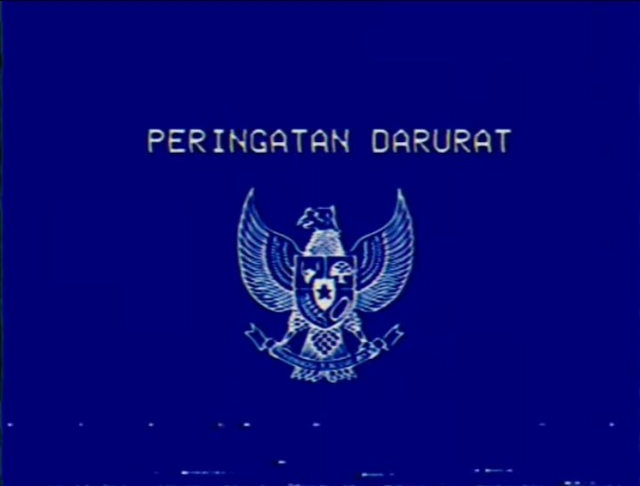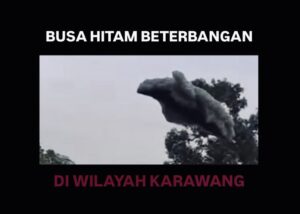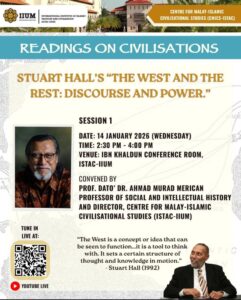Crisis Language and Public Sentiment: A Critical Discourse Analysis of “Peringatan Darurat Garuda” Posts

Author (s) : Amelia Juanda, Anwar Effendi, Hartono Hartono, Ari Kusmiatun
Institution : Yogyakarta State University, Indonesia
Category : Article, IJMMU
Topics : Ideological Criticism, Representation of Power, Hegemony Theory, Novel.
This study critically analyzes the discourse surrounding the phrase “Peringatan Darurat Garuda” on Indonesian social media using Norman Fairclough’s Critical Discourse Analysis (CDA) framework. The data sources for this research are 100 Instagram post captions consisting of text that enhances the dominance of accompanying visual content. Data were collected using a purposive sampling technique through three stages: (1) reading and understanding the discourse in the Peringatan Darurat Garuda posts, (2) marking sections of the discourse relevant to Fairclough’s theory, and (3) cataloging sentences within the discourse that align with the theory. This study focuses on linguistic and rhetorical structures, the context of production and consumption of the discourse, and the socio-political implications of crisis language. The study finds that 80 out of 100 analyzed posts prominently feature crisis-oriented terms such as “darurat”, “demokrasi dibajak”, “marah”, “kepentingan rakyat”, “lawan”, “culas”, and “oligarki.” These linguistic patterns reflect deliberate rhetorical strategies to evoke urgency, highlight systemic injustices, and mobilize public sentiment. Using Norman Fairclough’s Critical Discourse Analysis, the findings reveal how these linguistic elements construct narratives that not only critique power structures but also interact with broader social practices, reinforcing the role of language in shaping socio-political realities and fostering civic engagement.
Article can be downloaded here >> Crisis Language and Public Sentiment: A Critical Discourse Analysis of “Peringatan Darurat Garuda” Posts








